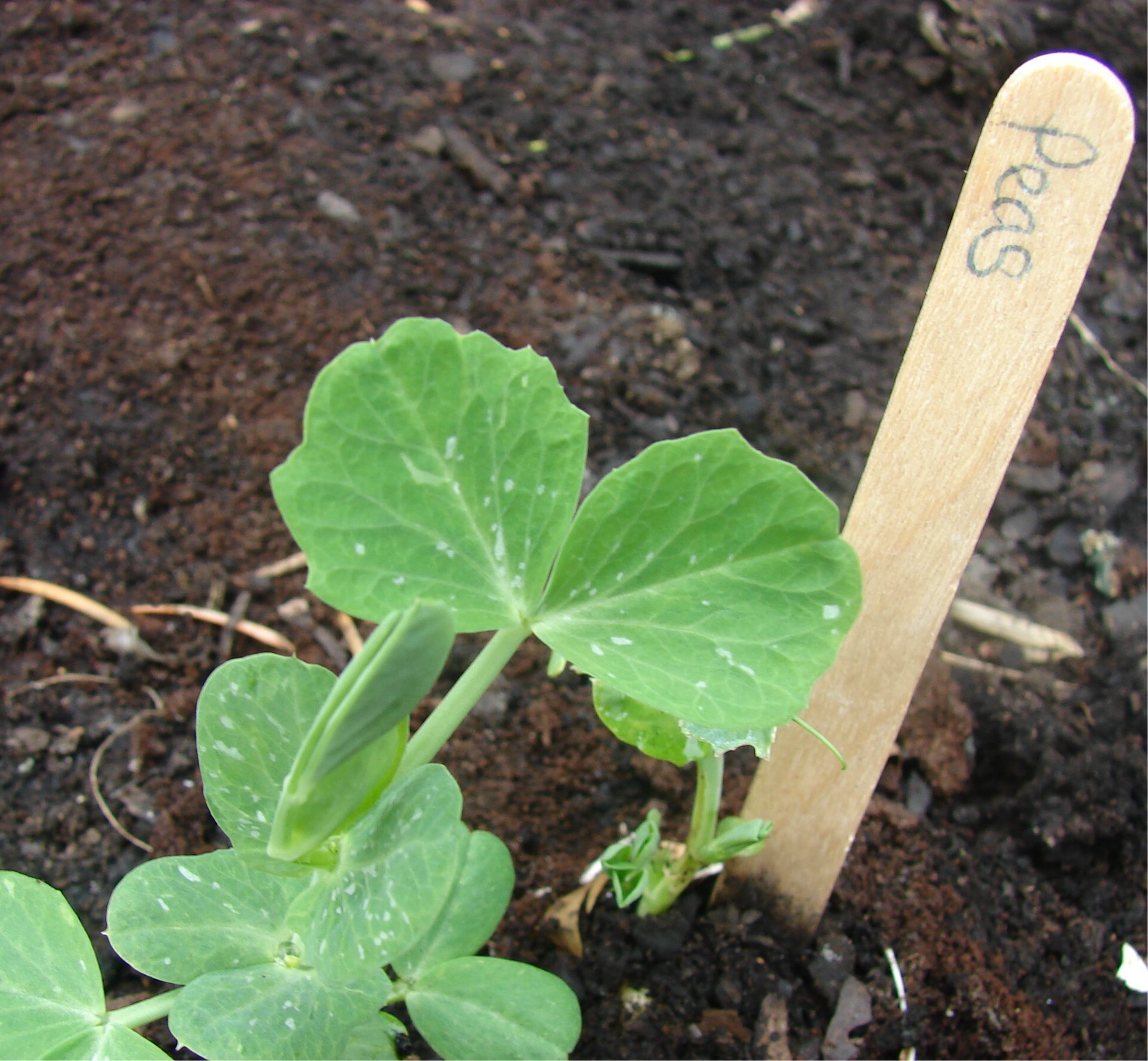For churches and other nonprofits in Raleigh that wish to grow a community garden but currently lack the land space to do so, your dream may soon become a reality thanks to proposed changes in land use restrictions. In July, Raleigh City Council members will review a policy which would allow nonprofits and community groups to grow community gardens on surplus city-owned land and would loosen restrictions on community gardening on private property.
The North Carolina Council of Churches would like to see more local governments supporting fresh, locally grown foods across the state. Through the Council’s Come to the Table Program, we are equipping congregations with the resources and tools to help relieve hunger and sustain local farms. Through our Partners in Health and Wholeness Initiative, we are promoting health as a practice of our faith and recognizing congregations that take steps towards better health through increased physical activity, healthy eating and not using tobacco products.
Data show that eating healthily reduces high blood pressure; reduces our risk of diabetes, some cancers, heart disease and stroke; and helps with weight management. Removing barriers to growing community gardens through changes in land use policies would help to increase the consumption of fresh vegetables and lower the obesity rate. North Carolina is currently ranked the 10th most obese state in the nation for adults and the 11th most overweight and obese state for children. According to the Centers for Disease Control and Prevention, obesity is the #1 problem facing America today, and the state of North Carolina spends an estimated $24.1 billion each year in obesity-related health care costs.
The potential health care and financial benefits of community gardening cannot be overstated, not to mention the sense of community and social capital that is cultivated in the process. To learn more about this important effort, please click here.
-Willona Stallings, PHW Program Coordinator

